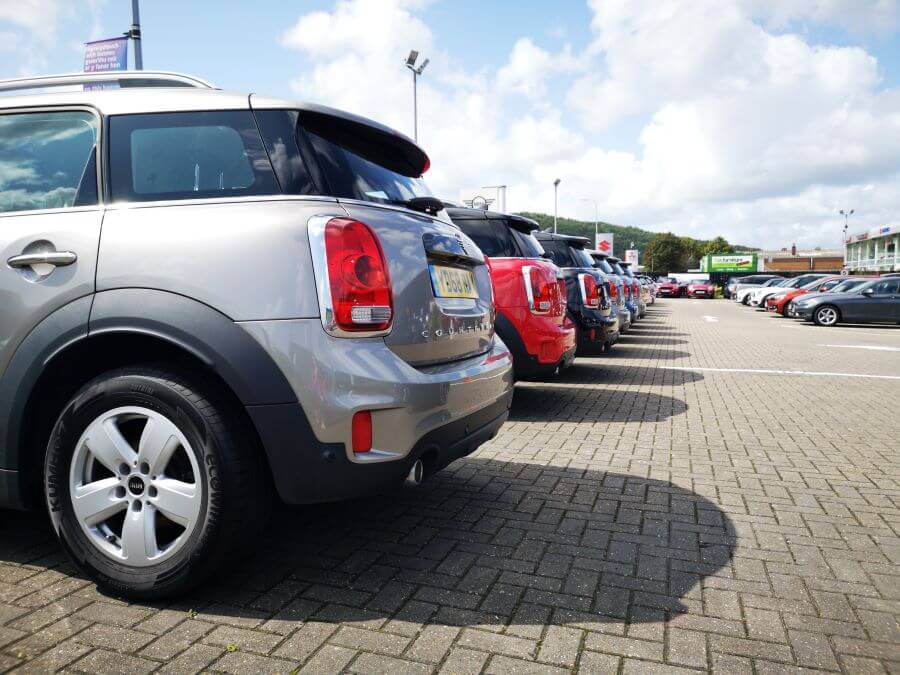Are you in the market for a new car? Perhaps you’re purchasing your first motor after passing your driving test, or are ready to upgrade your current
Are you in the market for a new car? Perhaps you’re purchasing your first motor after passing your driving test, or are ready to upgrade your current car?
Whatever your situation, there are many advantages to buying a used vehicle. Here, we explore several steps you should take before you buy.
Set a budget
Firstly, you need to set a budget for your new vehicle. Be realistic about what you can afford and consider whether you want to buy the car with cash or through a personal contract purchase (PCP) or hire purchase (HP) plan.
One of the benefits of buying a car outright is no monthly repayments, which may suit you if you have money saved up and want to keep ongoing costs down. If you’d rather spread the cost, a PCP or HP may be better. Typically, they involve putting down a deposit and paying the rest of the purchase price in monthly instalments.
Consider additional costs
As well as the upfront price of your car, there are additional costs you need to factor into your budget. For instance, consider the cost of car insurance and the level of cover you require, whether that’s third-party, third-party fire and theft, or comprehensive.
You also need to think about tax rates, which are “based on a vehicle’s CO2 emissions the first time it’s registered”, says the Government website. “You have to pay a higher rate for diesel cars that do not meet the Real Driving Emissions 2 (RDE2) standard” as well as an “extra £390 a year” if your car is listed for more than £40,000.

Think about your needs
Once you’ve got to grips with your budget, start considering what your needs are. Do you have children and need enough space for the whole family? Do you want a large boot for your dog? Or is a small run-around ideal for you and your partner?
As well as lifestyle needs, consider the level of spec you require. For example, if you’re on the road a lot with work, you may want a decent built-in sat nav and entertainment system with Bluetooth connectivity. On the other hand, if you’ll only be in the car for short periods you may prefer to save your cash and go for a more basic model.
Test drive the car
When you’ve narrowed down your options and have a few makes and models in mind, get out and test drive some cars. It’s the best way to figure out if a particular car will be right for you.
After all, seeing a vehicle in person is very different from browsing pictures and videos online. You can have a thorough look around and get a real feel for the amount of space you’ll have, which will help you decide whether it’ll work for you.
When you head out on a test drive, see if you feel comfortable behind the wheel and if the car offers the power and performance you’re looking for.
By setting a budget, considering additional costs, thinking about your needs and test driving, you can put yourself in the best position to buy the right used car for you.



















































































































COMMENTS